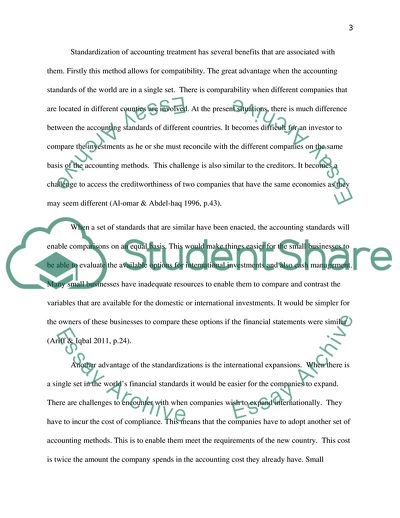Cite this document
(Islamic Accounting and Reporting Essay Example | Topics and Well Written Essays - 2000 words, n.d.)
Islamic Accounting and Reporting Essay Example | Topics and Well Written Essays - 2000 words. https://studentshare.org/finance-accounting/1815959-islamic-accounting-and-reporting
Islamic Accounting and Reporting Essay Example | Topics and Well Written Essays - 2000 words. https://studentshare.org/finance-accounting/1815959-islamic-accounting-and-reporting
(Islamic Accounting and Reporting Essay Example | Topics and Well Written Essays - 2000 Words)
Islamic Accounting and Reporting Essay Example | Topics and Well Written Essays - 2000 Words. https://studentshare.org/finance-accounting/1815959-islamic-accounting-and-reporting.
Islamic Accounting and Reporting Essay Example | Topics and Well Written Essays - 2000 Words. https://studentshare.org/finance-accounting/1815959-islamic-accounting-and-reporting.
“Islamic Accounting and Reporting Essay Example | Topics and Well Written Essays - 2000 Words”. https://studentshare.org/finance-accounting/1815959-islamic-accounting-and-reporting.


